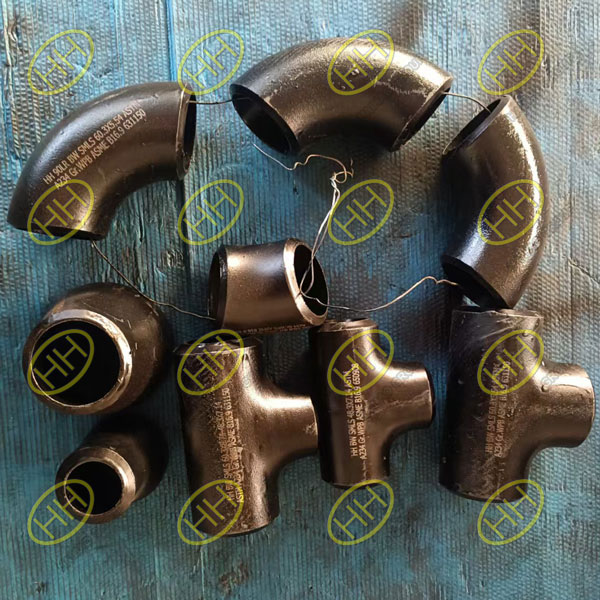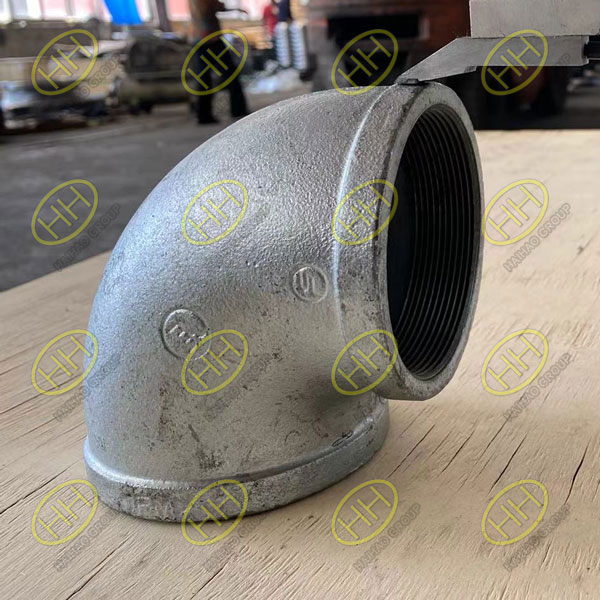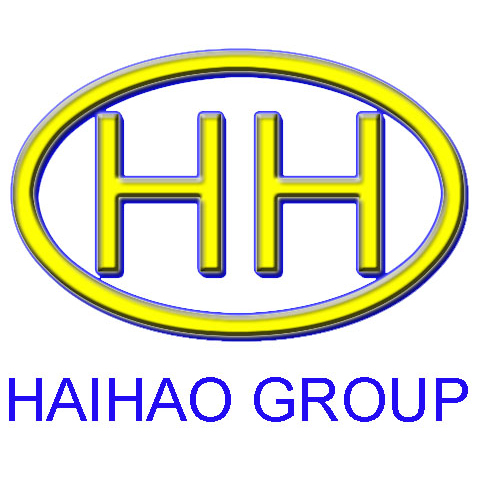A105N vs A234 WPB vs A197: Choosing the Right Material for Pipe Fittings
When selecting pipe fittings for industrial or commercial use, the material is just as critical as the design. Three commonly used materials in the industry are A105N, A234 WPB, and A197. Each has distinct chemical and mechanical properties that make it suitable for different working environments. This article breaks down their differences and helps you decide which one is right for your application.

ASTM A105N MSS SP-97 weldolet
1.A105N – Forged Carbon Steel for High-Pressure Applications
Material Standard: ASTM A105 (with N indicating “Normalized” heat treatment)
Chemical Composition: Primarily carbon steel with small additions of manganese, phosphorus, sulfur, and silicon.
Mechanical Properties:
Tensile strength: ≥ 485 MPa
Yield strength: ≥ 250 MPa
Elongation: ≥ 22%
Heat Treatment: The “N” in A105N stands for normalizing, a heat treatment process that improves the steel’s strength, toughness, and structure uniformity. Normalized fittings are better suited for applications involving high pressure and temperature changes.
Typical Use: Forged fittings like socket weld elbows, tees, couplings, and flanges in oil & gas, petrochemical, and power plants.

ASME B16.9 ASTM A234 Gr.WPB Pipe Fittings
2.A234 WPB – Seamless or Welded Carbon Steel for Butt-Welded Fittings
Material Standard: ASTM A234 WPB
Chemical Composition: Similar to A105 but designed for forming, often includes carbon, manganese, and a maximum sulfur/phosphorus content.
Mechanical Properties:
Tensile strength: ≥ 485 MPa
Yield strength: ≥ 240 MPa
Elongation: ≥ 22%
Forming and Heat Treatment: Supplied as hot-formed or cold-formed and then normalized or stress-relieved.
Typical Use: Butt-welded pipe fittings such as elbows, reducers, and tees for moderate pressure and temperature services in pipelines and process systems.

Elbow 90 Degree threaded F X F ASTM A197 ASME B16.3
3.A197 – Malleable Cast Iron for Threaded Fittings
Material Standard: ASTM A197
Chemical Composition: Cast iron alloy with high carbon and silicon content for malleability.
Mechanical Properties:
Tensile strength: 275 MPa – 415 MPa
Good machinability and impact resistance compared to standard cast iron.
Applications: Threaded pipe fittings like elbows, tees, unions, and couplings for low-pressure systems (e.g., HVAC, water distribution).
Advantages: Low cost, good corrosion resistance (especially in galvanized form), and easy installation.

